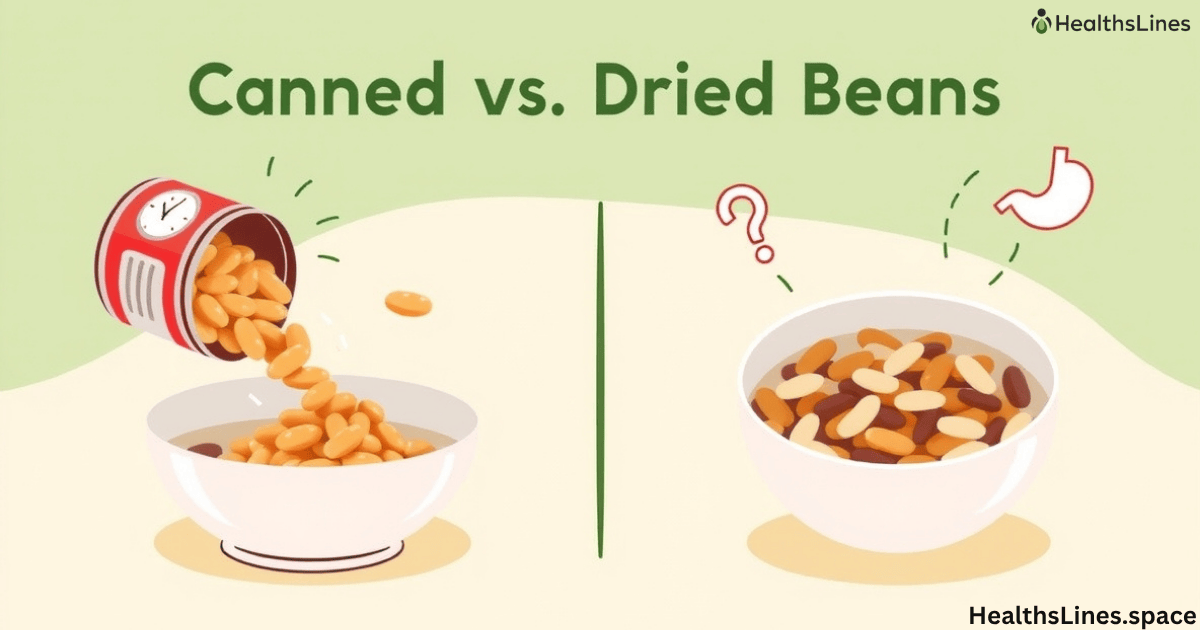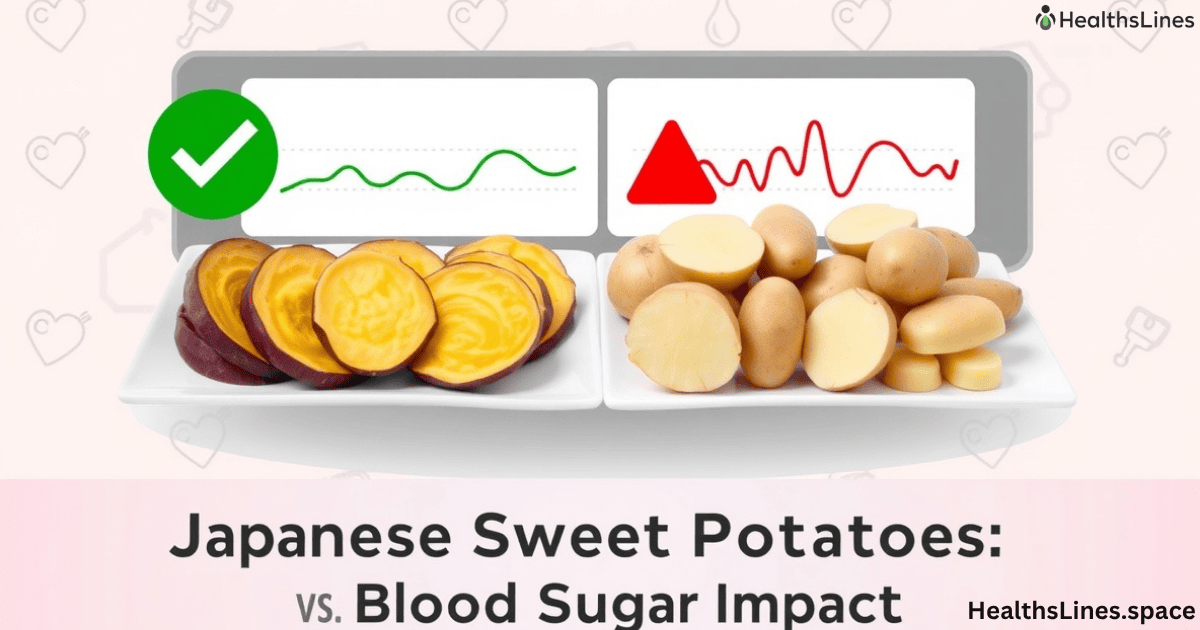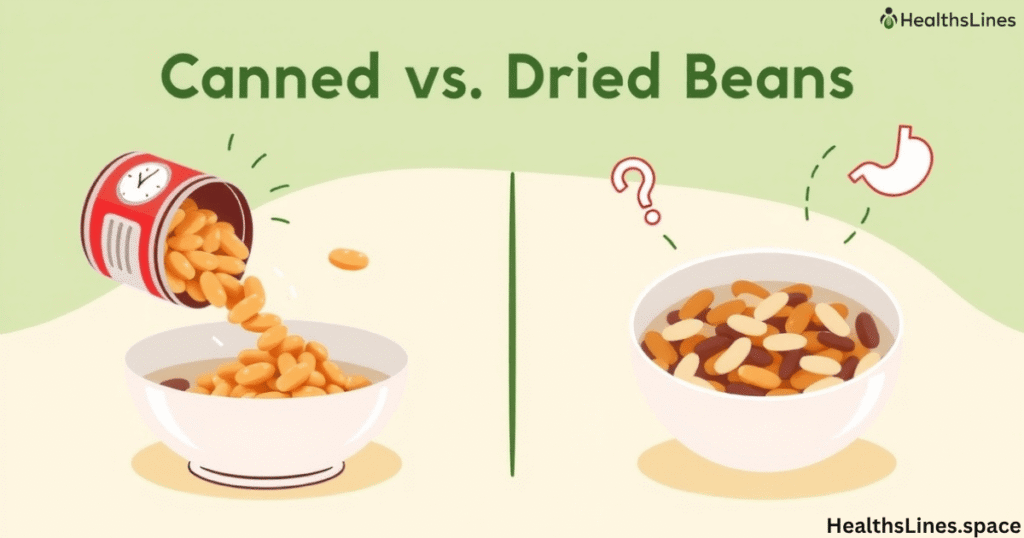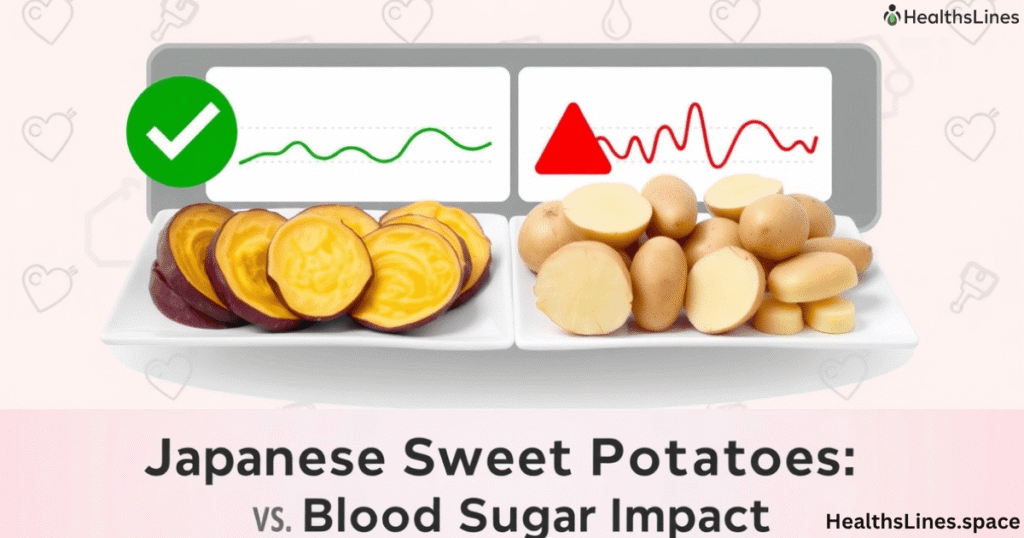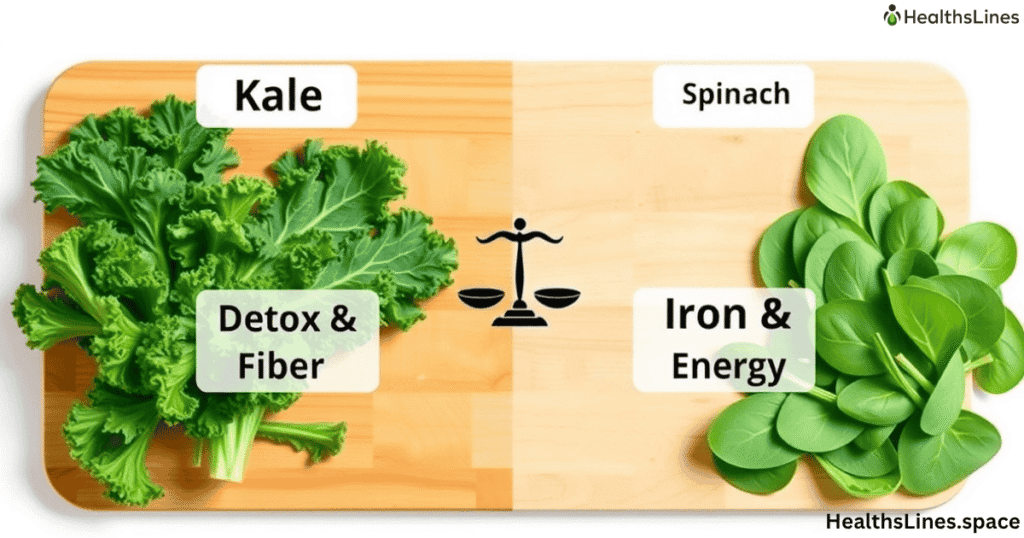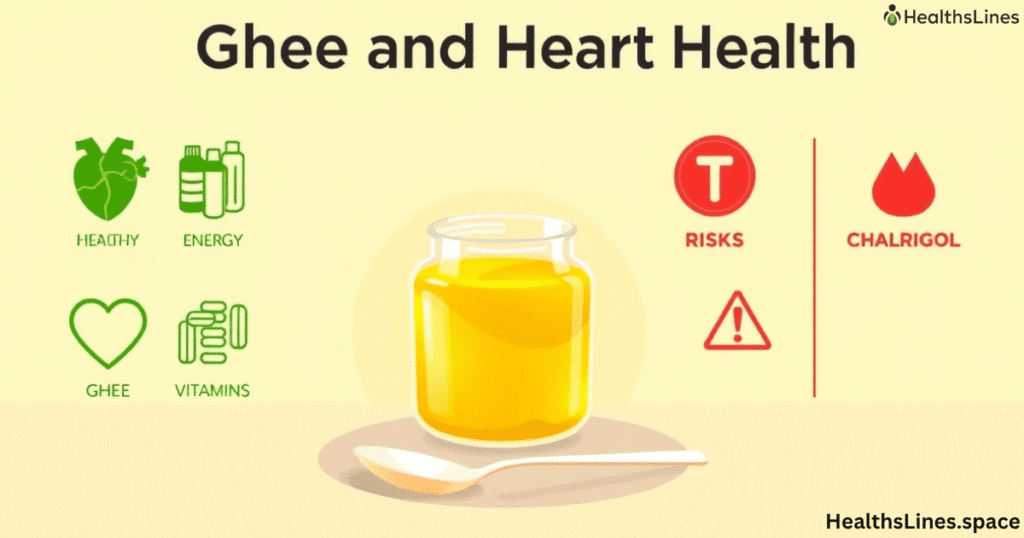If you’ve been trying to improve your health naturally, you may have heard about flaxseeds. These tiny seeds are rich in nutrients and have been used for centuries in natural medicine. But what really happens to your body when you start eating flaxseeds daily? In this guide, you’ll learn how these little seeds affect your digestion, heart, hormones, skin, and more Flaxseeds Benefits. We’ll also cover the best ways to use ground flaxseed, how much you should eat, and any possible risks.
Experts and recent studies confirm the long list of flaxseed health benefits. They’re packed with fiber, plant-based omega-3, and unique compounds called lignans. You’ll be surprised how such a small food can do so much for your body. But before adding them to your routine, it helps to understand how they work and how to eat them the right way.
What Happens to Your Body When You Eat Flaxseeds Daily
When you start eating flaxseeds daily, your body starts to react in a few noticeable ways. Within a few days, many people report smoother digestion. That’s because fiber in flaxseed, especially the gel-like type called mucilage, helps move waste through your intestines. This can ease bloating, constipation, and even help balance the gut microbiome. Studies show that flaxseed for constipation is one of the most effective natural remedies out there. The seed’s prebiotics also feed the good bacteria in your gut, improving overall health.
After a few weeks, your heart may start to benefit. Daily intake of flaxseeds and heart health has been shown to lower bad cholesterol (LDL), improve blood pressure, and reduce inflammation. That’s because omega-3 in flaxseed, known as ALA (alpha-linolenic acid), supports your arteries and reduces blood fat levels. Over time, this may lower your risk of heart attacks or stroke.
Nutrients in Flaxseeds That Drive the Benefits
The reason flaxseeds help so much comes down to their unique nutrition. They’re one of the richest plant sources of omega-3 fatty acids ALA, along with a high amount of both soluble and insoluble fiber, and rare estrogen-like compounds in flaxseed called lignans. These nutrients are powerful on their own, but even better together.
Let’s look at the flaxseed nutrition in a simple table:
| Nutrient | Per 1 tbsp (7g) Ground Flaxseed | Key Benefits |
| Fiber | 2.8g | Improves digestion, relieves constipation |
| Omega-3 (ALA) | 1.6g | Heart and brain support |
| Protein | 1.3g | Helps repair tissues |
| Lignans | 85mg | Balances hormones, cancer protection |
| Magnesium, Zinc, Iron | Moderate amounts | Supports skin, hair, and energy levels |
As you can see, even one tablespoon of ground flaxseed packs a powerful punch.
How Flaxseeds Help With Gut Health and Digestion
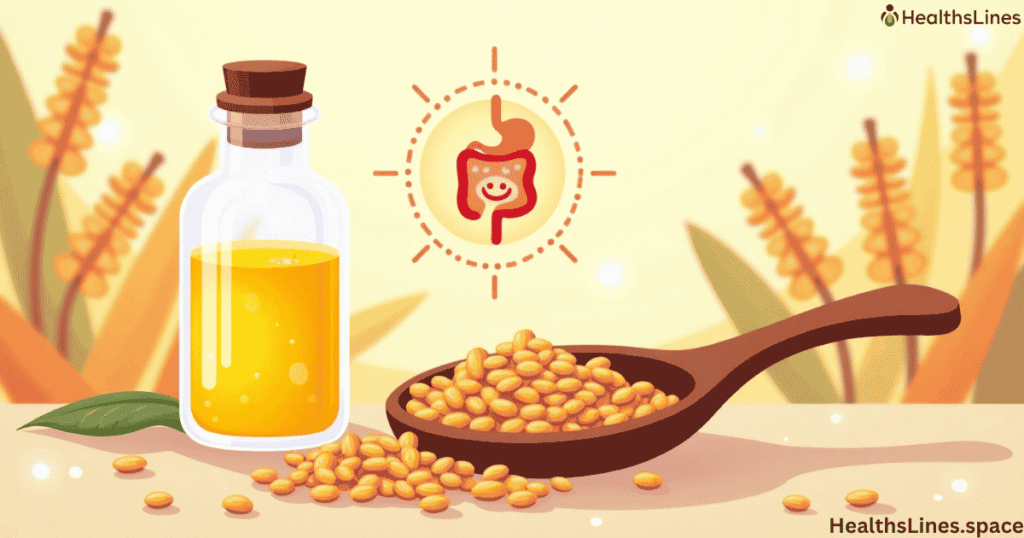
One of the most immediate effects of eating flaxseeds daily is better digestion. That’s because they’re loaded with both types of fiber — the kind that adds bulk and the kind that turns into a gel in your intestines. The gel, or mucilage, acts like a soft sponge that makes it easier for waste to move through your gut. Many people find flaxseed for gut health works even better than fiber supplements.
The prebiotics in flaxseed also support the bacteria living in your digestive tract. These bacteria help you absorb nutrients, balance inflammation, and even protect your mental health. Over time, your gut may feel calmer and less bloated, and your bowel movements more regular Flaxseeds Benefits.
Hormonal Balance and Flaxseeds: What Science Says
One of the most talked-about benefits of flaxseed and hormones is how it supports balance, especially in women. That’s thanks to the lignans in flaxseed, which are estrogen-like compounds that help regulate hormone activity. These lignans can block or mimic estrogen, depending on what your body needs. This makes flaxseed for menopause a natural way to ease hot flashes, mood swings, and night sweats.
In women of all ages, hormonal balance with flax may also reduce PMS symptoms, breast pain, and irregular periods. Studies suggest that women who eat flax regularly have lower risks of hormone-related cancers, like breast and ovarian cancer. These effects come from how lignans change the way your body uses estrogen.
Flaxseeds for Skin, Hair, and Beauty Health
Eating flaxseeds can also improve your appearance from the inside out. The omega-3 in flaxseed reduces inflammation that causes redness, acne, and dryness. These healthy fats also support your skin’s natural moisture barrier, giving it a smoother, plumper look. That’s why flaxseeds for skin and hair are often found in beauty and wellness blogs.
The biotin and flaxseed connection is another reason your hair might grow faster and stronger. Biotin, a B vitamin found in flax, helps keep your scalp healthy and supports keratin production. Zinc and vitamin E in flax also fight free radicals that age the skin and damage hair.
Long-Term Health Benefits of Flaxseeds
There’s a growing body of research on how flaxseed health benefits go beyond digestion and skin. Regular use may help prevent major diseases over time. For instance, flaxseeds may lower the risk of breast and prostate cancer by blocking harmful hormone effects. This is because lignans in flaxseed get converted by gut bacteria into stronger anti-cancer agents.
There’s also evidence that flaxseed and blood sugar levels are closely linked. When you eat flax, the fiber slows the absorption of sugar into your bloodstream. That makes it a great food for those managing Type 2 diabetes or insulin resistance. Combined with the effects of plant-based omega-3, flax can also reduce chronic inflammation — a root cause of many illnesses, from arthritis to heart disease.
Who Should Avoid Flaxseeds and Possible Side Effects
While flax is safe for most people, not everyone should use it in large amounts. If you have hormone-sensitive conditions like breast or ovarian cancer, talk to your doctor first. Even though the estrogen-like compounds in flaxseed are usually helpful, they might affect you differently. Also, some people experience mild flaxseed side effects like bloating or gas when they start eating too much too fast.
Another risk comes from eating raw flaxseeds in very large amounts. These seeds contain natural compounds that may interfere with your thyroid or release toxins if not processed properly. This is rare but possible. Flaxseed supplements and flaxseed oil should also be used in moderation, as they remove fiber and may interact with medications like blood thinners.
How Much Flaxseed Per Day Is Safe?
For most adults, the right amount is 1–2 tablespoons of ground flaxseed per day. This gives you all the nutrients you need without overdoing it. Ground vs whole flaxseed matters here. Whole flaxseeds often pass through your body undigested, meaning you miss most of their benefits. That’s why nutrition experts recommend grinding them just before eating or buying them already ground.
If you’re new to flax, start with a small amount and increase slowly. Drink plenty of water so the fiber in flaxseed works properly and doesn’t make you feel too full or bloated.
How to Use Flaxseeds in Your Daily Meals
Using flax is easy once you get the hang of it. Since ground flaxseed has a mild, nutty taste, you can mix it into many meals without changing the flavor. Add a tablespoon to your smoothie, sprinkle it over oatmeal, stir it into yogurt, or blend it into pancake batter. Some people even use it as an egg substitute in baking.
For best results, eat flax with foods that already contain healthy fats or fiber, like fruits, vegetables, or whole grains. This helps your body absorb more omega-3 in flaxseed and makes the effects last longer.
Ground Flaxseeds vs. Flaxseed Oil and Supplements
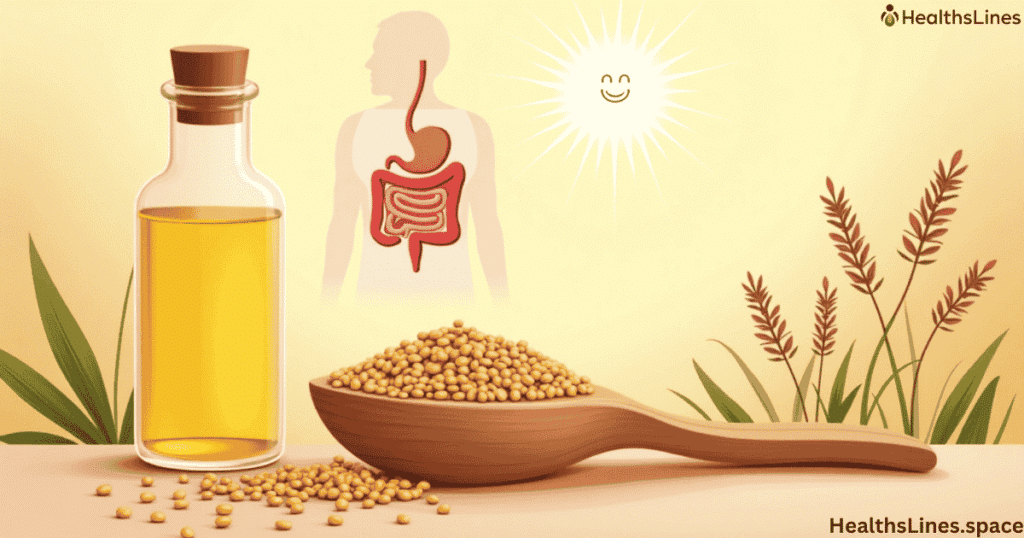
Both flaxseed oil and flaxseed supplements are available in stores, but they’re not equal to the whole seed. Flaxseed oil contains ALA but no fiber or lignans, which means it won’t help your gut or hormones. It can still be good for salad dressings or cooking, but it won’t give you the full package.
Supplements often have small amounts of ground seed or oil, but not enough to match eating the real thing. Always read labels and check the source. If you choose a capsule or oil, combine it with real food-based flax for better results.
Flaxseed vs Chia Seed: Which Is Better?
People often compare flaxseed vs chia seed because both are full of omega-3, fiber, and protein. Here’s how they stack up:
| Feature | Flaxseed (1 tbsp) | Chia Seed (1 tbsp) |
| Omega-3 ALA | 1.6g | 2.5g |
| Total Fiber | 2.8g | 5.5g |
| Lignans | 85mg | Trace |
| Best Use | Ground or oil | Soaked or whole |
| Hormone Support | High | Low |
Both are good choices, but flaxseeds offer unique hormonal benefits and prebiotics that chia does not. Chia seeds absorb more water, but flax provides more nutrients when ground.
Conclusion
Adding flaxseeds to your diet is a smart move for your health. From improving your digestion, balancing hormones, protecting your heart, to making your skin and hair glow, these seeds do it all. And the best part? You only need a tablespoon or two a day.
Remember, use ground flaxseed for full effect, and pair it with water and whole foods. Avoid raw seeds in excess and talk to a doctor if you have any health conditions. Whether you choose whole seeds, flaxseed oil, or supplements, consistency is key. Try it for 30 days and see how your body feels. You might be surprised by the results.
Sources
https://www.ncbi.nlm.nih.gov/pmc/articles/PMC3074428
https://www.mayoclinic.org/healthy-lifestyle/nutrition-and-healthy-eating
https://ods.od.nih.gov/factsheets/Flaxseed-HealthProfessional


